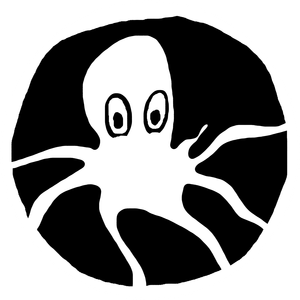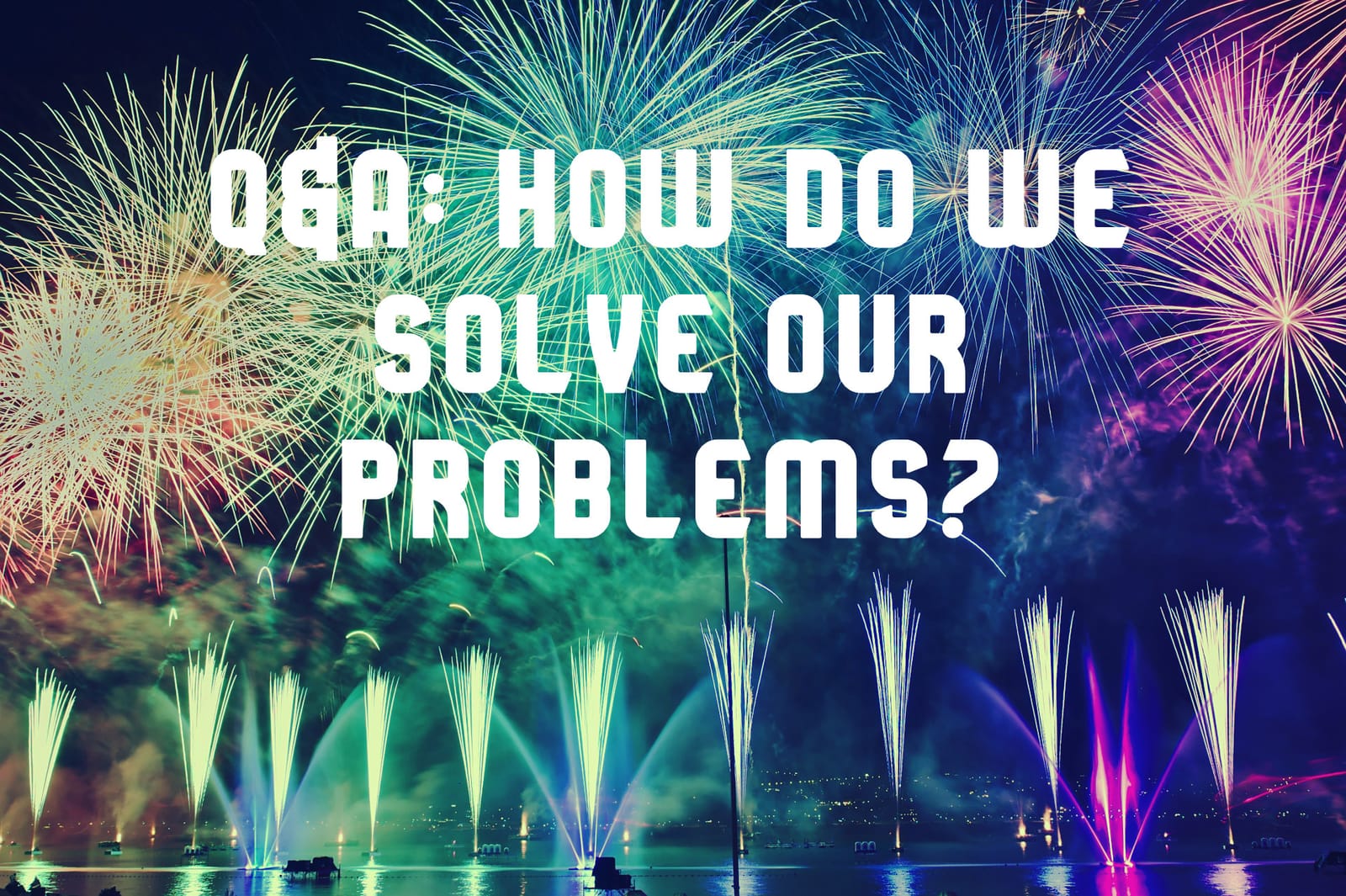How do we solve the current divisiveness in national and global politics, endless social media warfare, cancel culture, rampant conspiracy theory popularity, lack of trust in government-journalism-basic social institutions, etc.?
DK (USA, Florida):
- I think for America, we need to show that government can and should work.
2. In situations that affect the entire country, like the COVID-19 pandemic, the government should have already stepped in by giving people a stipend for the duration of the pandemic.
3. Bills that have been passed in one body of government should not be blocked in the other body of government. There should be some default time that, once passed, would force the bill to be voted on.
4. Voting. So much needs to be corrected with the process of voting:
- Gerrymandering needs to be illegal. If politicians cannot draw a map that is basically fair, we should either have a 3rd party non-affiliated group or a computer program draw the map.
- Voting should be online. If we can do banking online, there is no reason we cannot do voting online. If people are afraid that their vote can be tracked back to them, then they can vote the way we currently do via in-person, mail, etc.
- To try to fix and/or move beyond the two party system, we should change our voting system to ranked voting. This will allow people to hopefully vote for who they want to win without worrying they wasted a vote.
5. Education needs to be addressed in America. America needs an educated population and for that to occur, I think we need to start pumping money into the education system. This will allow more schools to be built, allow class sizes to be reduced and hopefully will allow teachers to be able to teach more effectively. We need a better way of making sure all schools have the same resources; you should be able to get about the same education at any school in a particular state. Better education will hopefully allow the next generation to more easily spot fake news, know how the government works, and be more savvy on social media.
JA (USA, California): What Facebook has demonstrated is that targeted information can be tailored to different groups that keeps each group in their own "thought bubbles," which leads to rigidity of thought, distrust of other groups and modes of thought, etc. Here is a link with Congressional testimony from a former manager at Facebook: https://arstechnica.com/tech-policy/2020/09/former-facebook-manager-we-took-a-page-from-big-tobaccos-playbook/
I'm not sure exactly what the solution looks like, but I do know that it should encourage unity rather than division.
There's also an educational aspect to a lot of the things you mentioned. Critical thinking skills are often not taught or emphasized these days. Teaching this more may help reduce the likelihood that people will fall for conspiracy theories, etc.
RM (New Zealand): The culture wars. The painfulness and futility of it all. The division, the anger and paranoia it incites. It's been growing throughout our lives and the internet has given rise to millions of angry and bitter voices sharing their fear, their discontent, their indignation, their frustration. Letting their ideologies shape and warp their own version of the ultimate truth, which must be foisted on everyone else for our own betterment. The distrust of the corporate media. The unreliability of the alternative media. Political and social ideologies through which no compromise or tolerance can be found, only division. Revenge and retribution, crime and punishment, racism, capitalism vs communism. Why are we still framing our political framework as left vs right, or communist vs fascist? The only way to deal with all the anger and confusion I think is to tune it out and talk about something else. This stuff isn't going away, but the jagged framework it provides is not going to make the world a better place, so we need to look elsewhere for a place to meet.
Yet through the midst of it all are voices that need to be heard. We need to listen carefully.
MH (Japan): We need to rewire our thought processes away from easy answers and simplistic solutions and bring back the spectrum. The spectrum is a good thing. We are not all the same and we shouldn't try to be. We also need to stop looking for a scapegoat. We are all to blame. Responsibility starts at home. One last point: run from the doomsday complex. Stop acting like "X" is the end of the world and you or whomever are the superhero who is going to save us from "X". There is no easy solution. If you wanna make a difference work within your sphere of influence. A hashtag isn't going to save the world.
DC (USA, Massachusetts): We need to teach ourselves and our children to love learning. It would radically change our country and world. Imagine the art, music, novels, and science that would be made if people continued to learn through their adult life, and imagine how much harder it would be to turn people into angry blind sheep.
SG (USA, Iowa): It seems people are going through culture shock, trying to influence passionately with perceived understanding rather than actual understanding, motivated by a need for security but grasping at false securities. If I could offer any solutions I guess even the most amazing solution would have to fall on open hearts. Jesus is familiar with this issue in humanity. I hope we can all calm down, use common sense and courtesy, put others before ourselves, be willing to admit we're wrong and ask for help, come closer to the heart of Jesus. His is a deep, wise, loving heart that goes far too unnoticed.
JO (USA, Massachusetts): I don’t believe it is supposed to be solved. Problems have occurred all through history. Some were notable enough to write about or put on film. We just didn’t hear about every little issue because we didn’t have the social media window to look into. I do believe though, that we should work on our immediate close friends and fam. We should come along side and serve under the people who are miserable. But in all honesty if you keep the news off and stay off of social, you’ll notice that those problems still exist, just far away!
PD (New Zealand): Call the tech experiment for what it is (a social race to the bottom at the benefit of VCs and immature tech entrepreneurs) and remind ourselves of our true natures and gifts, especially in and through the hard times.
As we closed in on the end of 2020, I wanted to find out from some of the people whose thoughts and perspectives I respect and admire what they had to say about this crazy year and how it affected their lives and their views on the world.
I asked four questions:
- How much has Covid-19 changed your life?
- Have your views changed in any significant ways?
- What have been some of the things in the back or front of your mind about life, society, spirituality, culture, or anything else you have not addressed above?
- Do you have any thoughts about how we solve our collective predicaments with the current divisiveness in national and global politics, endless social media warfare, cancel culture, rampant conspiracy theory popularity, lack of trust in government-journalism-basic social institutions, etc.?
I thought there might be enough good stuff in the answers to pull out some highlights and turn them into a post. I was wrong. It was pure highlights from start to finish!
So I decided to present the answers in full, including my own, lightly edited for readability, in four separate posts—one for each question.
Photo by Nicolas Tissot on Unsplash. Thanks Nicolas!

